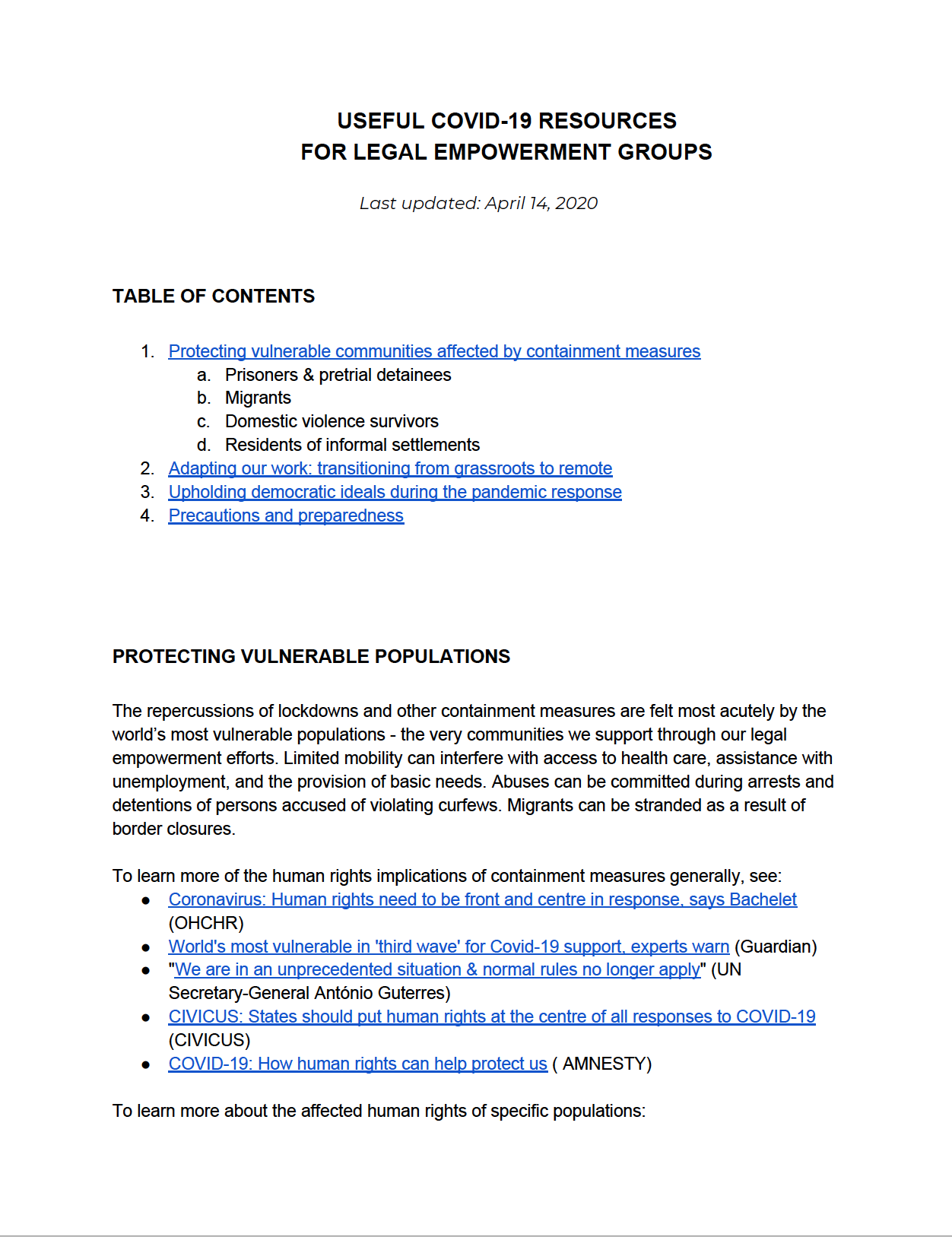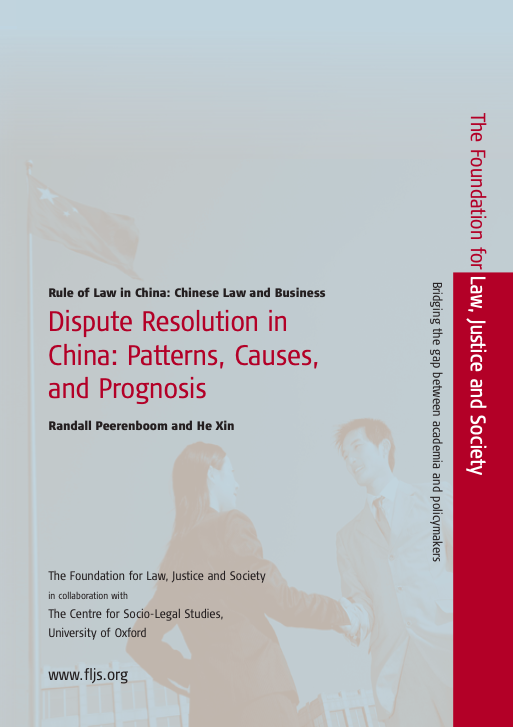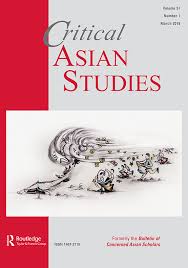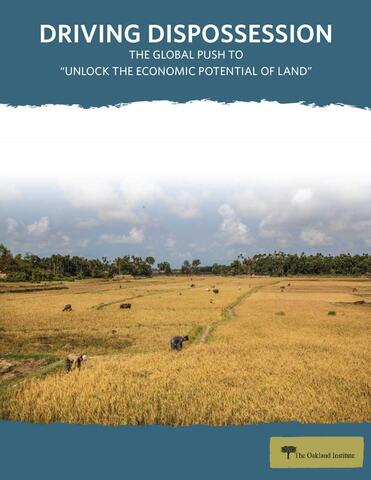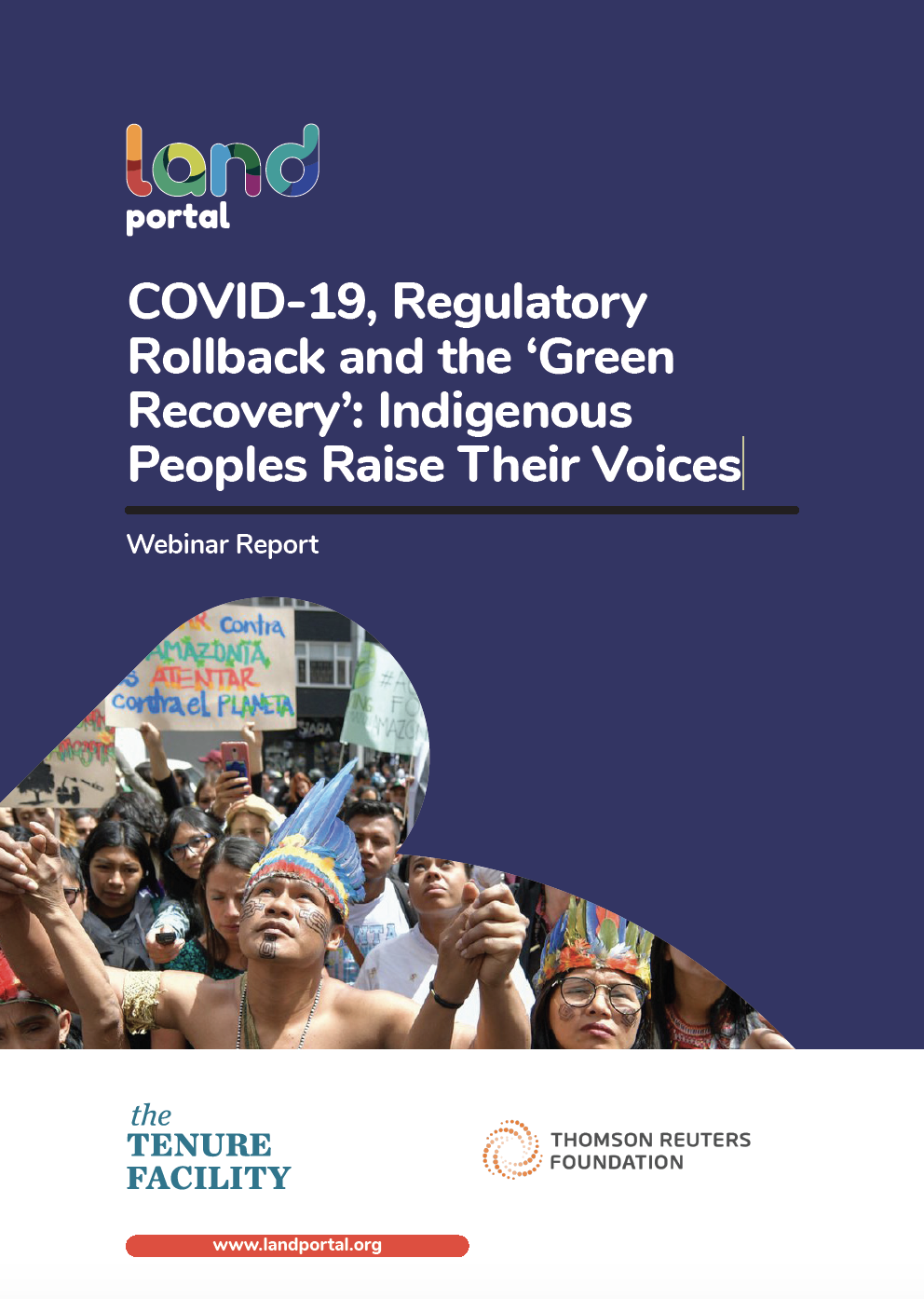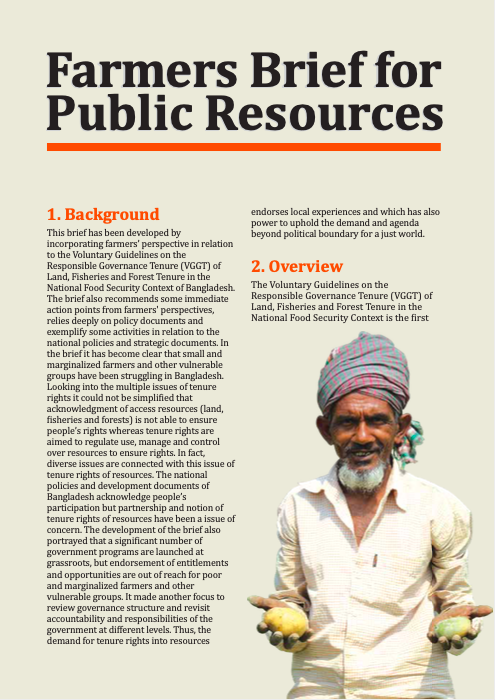Hygienisation, Gentrification, and Urban Displacement in Brazil
This article engages recent debates over gentrification and urban displacement in the global South. While researchers increasingly suggest that gentrification is becoming widespread in “Southern” cities, others argue that such analyses overlook important differences in empirical context and privilege EuroAmerican theoretical frameworks.


